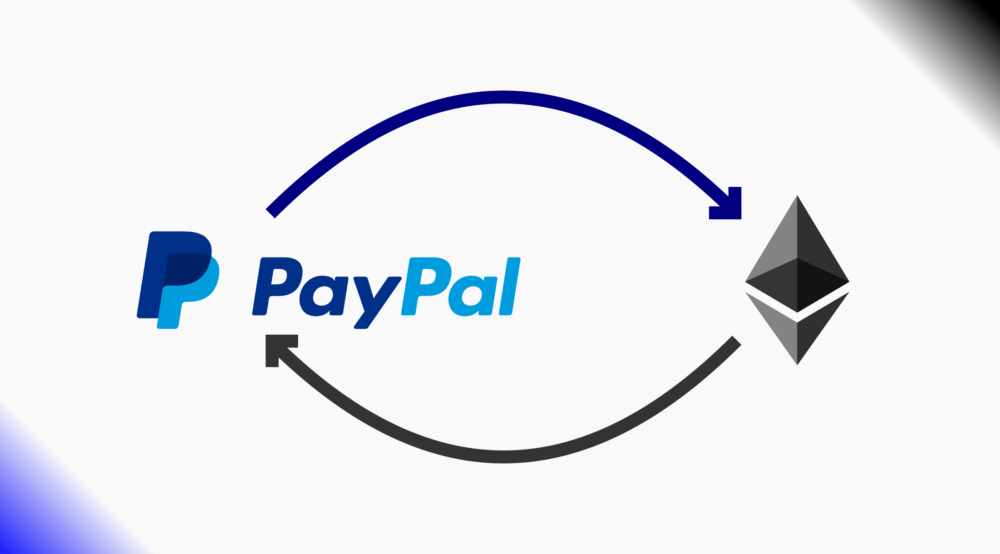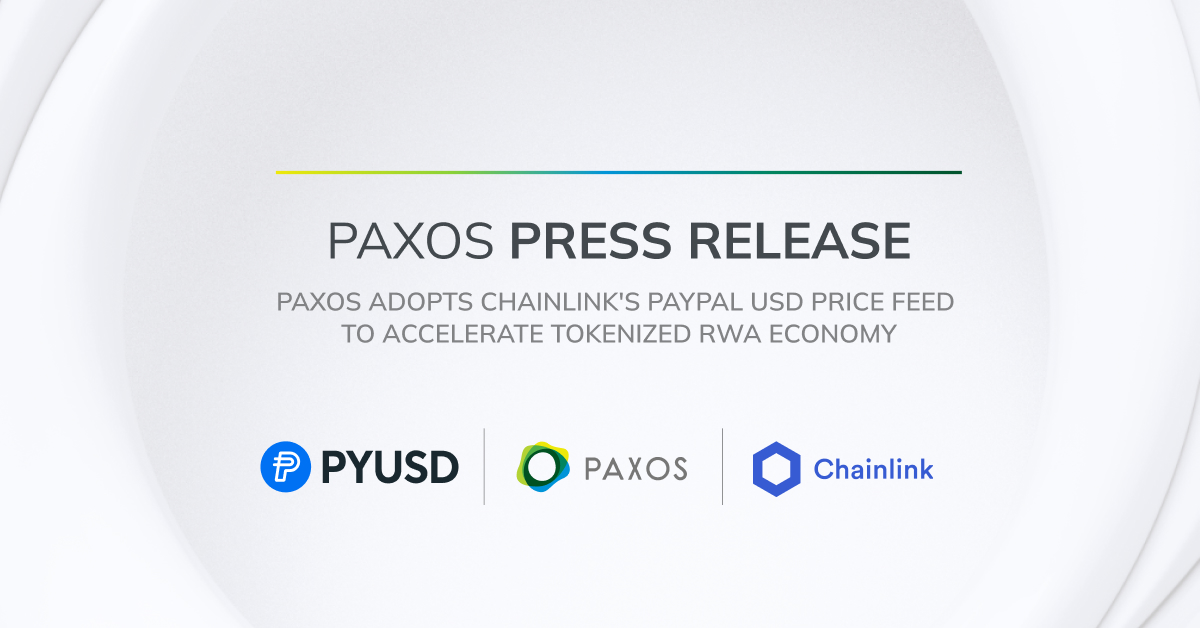Chainlink Facilitates PayPal USD's Migration to the Ethereum Network
Chainlink Facilitates PayPal USD's Migration to the Ethereum Network
 The intersection of traditional finance and blockchain technology has reached new heights with the recent collaboration between Chainlink and PayPal. This groundbreaking partnership has paved the way for the seamless transition of PayPal's stablecoin, USD (PPUSD), to the Ethereum network. In this article, we'll explore the significance of this integration, the role of Chainlink in enabling this transition, and the potential implications for the broader cryptocurrency ecosystem.
The intersection of traditional finance and blockchain technology has reached new heights with the recent collaboration between Chainlink and PayPal. This groundbreaking partnership has paved the way for the seamless transition of PayPal's stablecoin, USD (PPUSD), to the Ethereum network. In this article, we'll explore the significance of this integration, the role of Chainlink in enabling this transition, and the potential implications for the broader cryptocurrency ecosystem.
Background
PayPal, a leading global payment platform, has long been at the forefront of innovation in the financial industry. In recent years, PayPal has embraced blockchain technology and cryptocurrencies, recognizing their potential to revolutionize the way people transact and store value online. As part of its efforts to expand its cryptocurrency offerings, PayPal introduced its own stablecoin, USD (PPUSD), pegged to the value of the US dollar.
Chainlink, a decentralized oracle network, plays a crucial role in connecting smart contracts on the Ethereum blockchain with real-world data and external systems. Chainlink's secure and reliable oracles enable smart contracts to access off-chain data, such as market prices, weather conditions, and payment information, making them more versatile and useful for a wide range of applications.
The Transition to the Ethereum Network
The integration of Chainlink with PayPal's USD stablecoin represents a significant milestone in the evolution of decentralized finance (DeFi) and the broader cryptocurrency ecosystem. By leveraging Chainlink's oracle technology, PayPal can seamlessly migrate its USD stablecoin from its native platform to the Ethereum network, where it can benefit from the network's robust infrastructure and vibrant ecosystem of decentralized applications (dApps).
Chainlink's oracles provide a bridge between PayPal's USD stablecoin and the Ethereum network, ensuring that transactions are executed accurately and securely. This integration opens up new possibilities for PayPal users, allowing them to access decentralized financial services, such as lending, borrowing, and trading, directly from their PayPal accounts.
Implications for the Cryptocurrency Ecosystem
The integration of PayPal's USD stablecoin with the Ethereum network via Chainlink has far-reaching implications for the cryptocurrency ecosystem:
- Increased Adoption of Stablecoins: The migration of PayPal's USD stablecoin to the Ethereum network enhances the utility and accessibility of stablecoins, paving the way for broader adoption among mainstream users and institutions.
- Expansion of DeFi Ecosystem: The integration of PayPal's stablecoin with the Ethereum network expands the reach of decentralized finance (DeFi) platforms and services, enabling PayPal users to participate in lending, borrowing, and trading activities within the DeFi ecosystem.
- Validation of Chainlink's Technology: Chainlink's role in facilitating the transition of PayPal's USD stablecoin to the Ethereum network underscores the importance of its oracle technology in enabling secure and reliable connections between blockchain networks and external systems.
 The collaboration between Chainlink and PayPal to facilitate the migration of PayPal's USD stablecoin to the Ethereum network represents a significant step forward for the cryptocurrency industry. By leveraging Chainlink's oracle technology, PayPal users can access decentralized financial services and participate in the vibrant Ethereum ecosystem directly from their PayPal accounts. As blockchain technology continues to evolve and gain mainstream acceptance, partnerships like this one highlight the growing convergence between traditional finance and the decentralized future of money.
The collaboration between Chainlink and PayPal to facilitate the migration of PayPal's USD stablecoin to the Ethereum network represents a significant step forward for the cryptocurrency industry. By leveraging Chainlink's oracle technology, PayPal users can access decentralized financial services and participate in the vibrant Ethereum ecosystem directly from their PayPal accounts. As blockchain technology continues to evolve and gain mainstream acceptance, partnerships like this one highlight the growing convergence between traditional finance and the decentralized future of money.
Thank you for reading!
Find useful articles to read: HERE





































